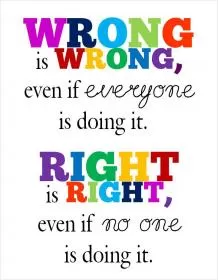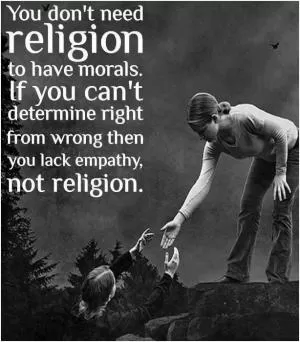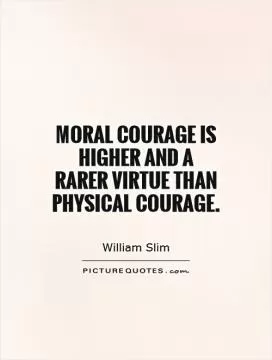The good man is the man who, no matter how morally unworthy he has been, is moving to become better

The good man is the man who, no matter how morally unworthy he has been, is moving to become better
John Dewey, a prominent American philosopher and educator, believed in the idea that the good man is the man who, no matter how morally unworthy he has been, is moving to become better. This concept is deeply rooted in Dewey's philosophy of pragmatism, which emphasizes the importance of growth, progress, and continuous improvement.Dewey believed that human beings are not fixed entities, but rather dynamic and evolving individuals who have the capacity to change and grow. He argued that morality is not a static set of rules or principles, but rather a process of ongoing reflection, learning, and adaptation. According to Dewey, the truly good man is not someone who is perfect or infallible, but rather someone who is committed to self-improvement and personal growth.
In Dewey's view, moral development is a lifelong journey that involves self-examination, critical reflection, and a willingness to learn from one's mistakes. He believed that the key to becoming a better person is to engage in a process of continuous self-improvement, in which individuals strive to overcome their flaws, shortcomings, and moral failings.
Dewey's philosophy of moral growth is closely tied to his broader vision of education as a means of fostering personal and social progress. He believed that schools should not only teach students academic subjects, but also help them develop the moral and ethical qualities that are necessary for a fulfilling and meaningful life. Dewey argued that education should be a process of moral and intellectual growth, in which students are encouraged to think critically, question authority, and strive for personal excellence.












 Friendship Quotes
Friendship Quotes Love Quotes
Love Quotes Life Quotes
Life Quotes Funny Quotes
Funny Quotes Motivational Quotes
Motivational Quotes Inspirational Quotes
Inspirational Quotes